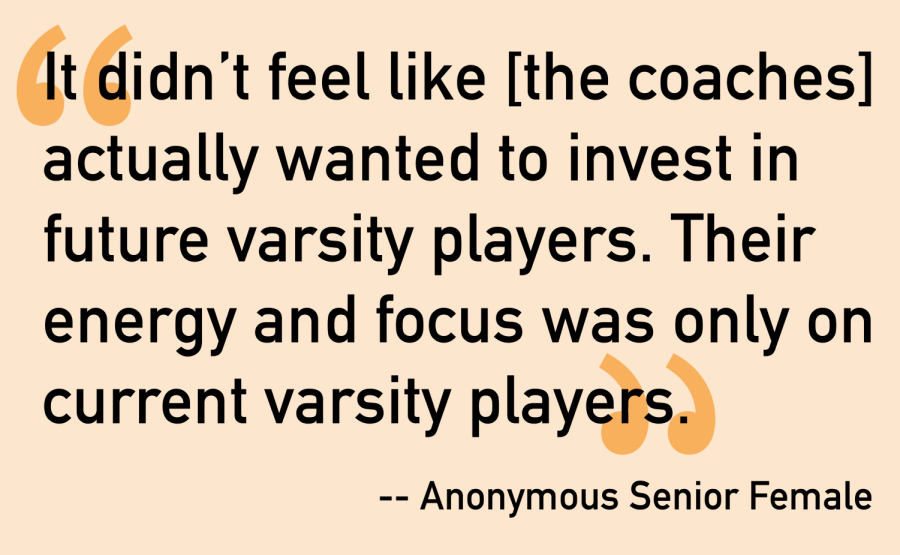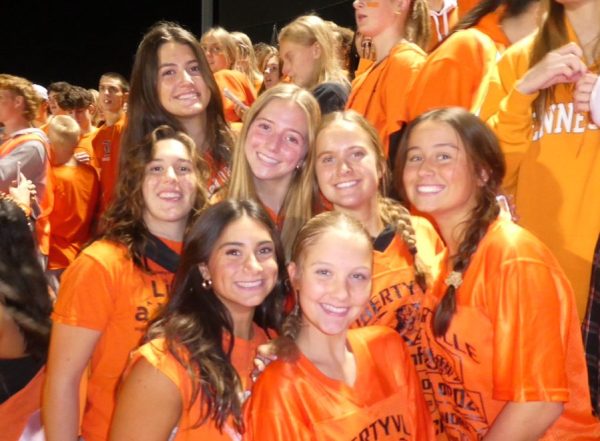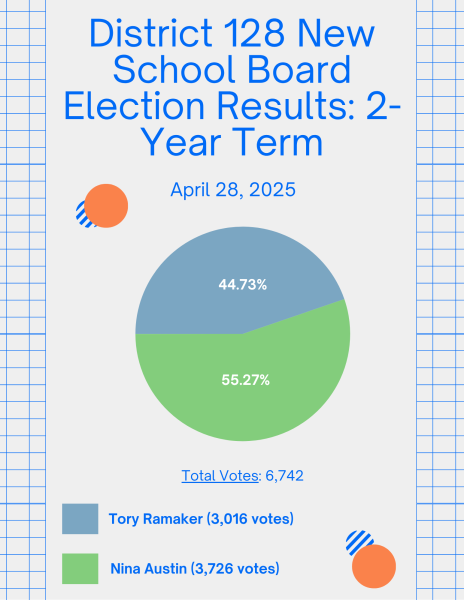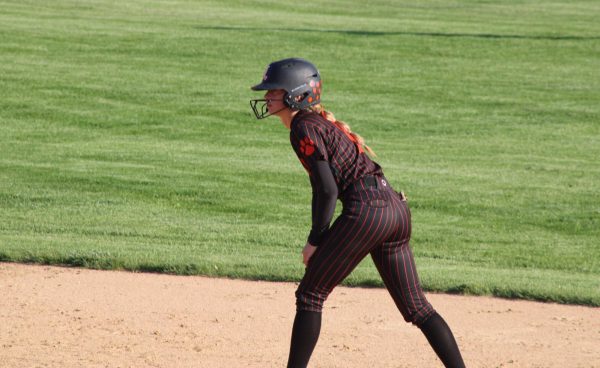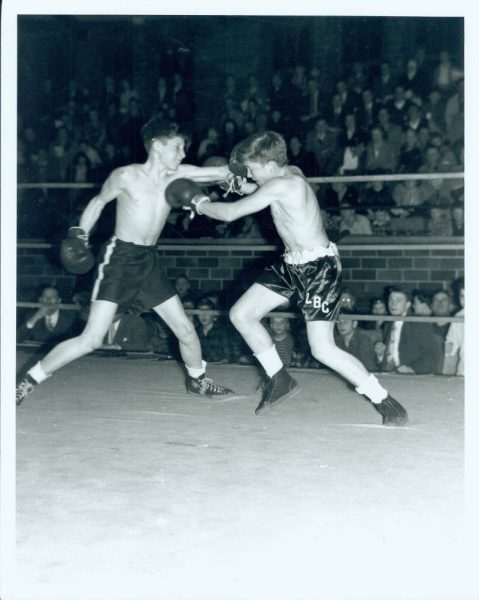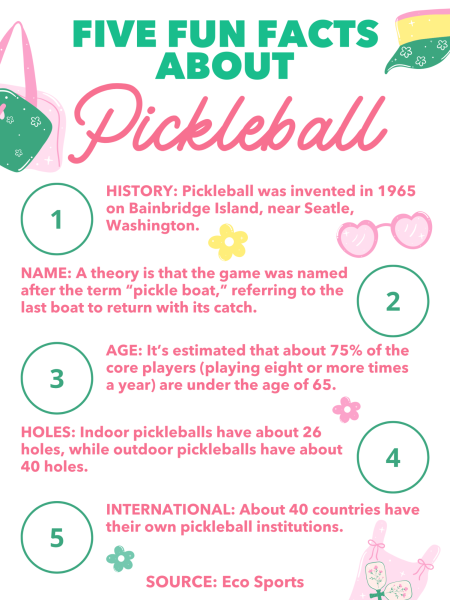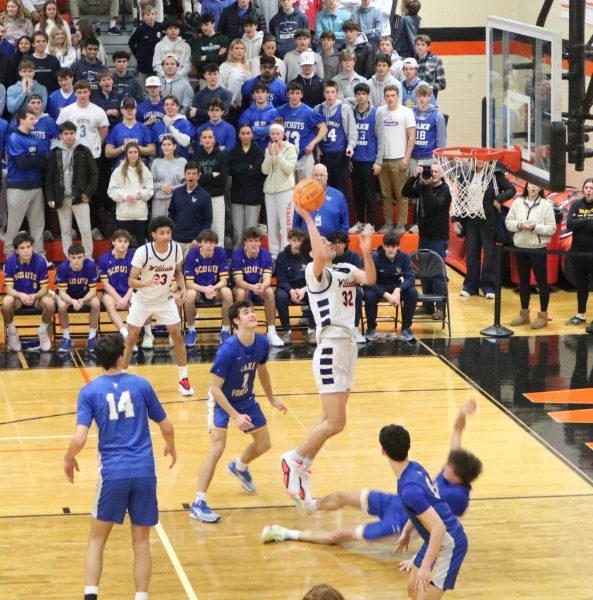Negative coaching experiences cause some student athletes to quit
*Note: The student sources in this story were granted anonymity in order to speak openly about their experiences without singling out specific sports or coaches.
According to The New York Times, more than 45 million children in the United States are engaged in a sport at a young age, but 70% will quit playing by the age of 13. This could be for various reasons, for example, choosing to focus on a musical or artistic activity or financial difficulties preventing a family from paying for their child to continue playing.
The Centers for Disease Control and Prevention (CDC) found that physically active youth have better weight control, academic achievement and mental health, as well as a decreased risk of heart disease and lower likelihood of diabetes than those who are not. Additionally, they found that a relationship between a coach and athlete is more important and impactful than one may think.
Having a non-family member as an adult role model can be extremely beneficial to some children, the CDC reported. Being able to wind down at a practice and focus on a sport with an adult leader who can help guide young people can set the foundation for not only athletic success, but in life as well.
A junior female athlete said that many of her coaches were “some of the most influential people I’ve had in my life.” She was a three-sport athlete for LHS until this year, when making the decision to not continue playing for a sports program at school.
This junior explained that, from her own personal observations and experiences, the varsity level experience of one of the sports she played was “not something [she] was eager to be involved in.”
“Favoritism is something to expect at a varsity level, and I knew that,” she explained. “But I felt it got to the point where it was even beyond that.”
She played at the junior varsity level of this sport last year, and her decision to not continue with the sport is similar to that of many of her peers.
“Out of the 14 girls on my team [last year], 10 of us are deciding not to play,” she remarked. “None of us liked the varsity coaching style from what we could see [being on JV]. They only put effort into the top players. I don’t think I would have been valued as a player.”
A male athlete echoed feeling this same sentiment for the athletic team he decided to quit this year.
“I stopped playing [because] I wouldn’t have gotten better,” said the junior, who requested anonymity in order to speak openly on this sensitive topic. “Coaches at the varsity level only care about the kids wanting to play in college and wouldn’t give feedback to kids like me who were [just] there to play.”
A senior female athlete feels that not all coaches choose to give equal attention to athletes who aren’t playing in college compared to those who will be.
“When in season, the girls that were already being scouted got the most attention,” she remarked.
The senior decided not to continue with athletics at LHS last year after she felt that her coach couldn’t “emotionally support [her] or give quality feedback.”
After making varsity as a freshman and being moved down to JV for sophomore year, and again being placed on JV junior year, she felt “beat down and defeated” by the time she was a junior.
“After being moved down sophomore year, I reached out to the coaches to see what I could improve on,” she explained, “and I [really] didn’t get much. It didn’t feel like they actually wanted to invest in future varsity players. Their energy and focus was only on current varsity players.”
The senior wanted to make clear that going into sophomore year, she “might not have had the [best] attitude going into the season about playing on JV.” But she said she doesn’t feel that gives the coaches an excuse to treat her differently.
“Of course I was going to be upset not making the [varsity] team. They knew that, and I was allowed to be upset. They could have been more understanding,” she remarked.
A different female senior athlete quit a JV sport at LHS after her freshman year as a result of what she described as a mentally exhausting situation, which, in her opinion, was caused by a varsity coach.
“Whenever I was given criticism, it felt like it was only to embarrass me and to prove a point. I was so focused on being embarrassed that I couldn’t even focus on the criticism I was getting,” she remarked.
She explained that it felt as if she was “automatically disliked” by the varsity coach because she was a member of a different club team during the offseason.
“It was just not a good environment, and there was [clear] favoritism and dislike towards certain members, which was the part that was most unhealthy for me,” she said.
This senior mentioned that her self-esteem was “at its lowest” while she participated in the sport because of the attitude she feels her varsity coach had towards the team as a whole.
“I would [literally] start crying before practice because I didn’t want to go,” she explained. “That was so unusual, and I [just] didn’t understand why I felt that way. And then the second I went back to club, I was fine. I still loved the sport”
One resource athletes have to describe these feelings and experiences is the Student Athlete Experience survey that the athletic office sends out at the end of every season.
“We [really] do value those surveys,” Athletic Director John Woods explained. “We want to know what’s going on with our kids. We want their feedback.”
The survey contains questions ranging from the passion of coaches and teammates to the quality of practices and communication.
“[We] have conversations with our coaches at the end of the season evaluation process. Our coaches take a [hard] look at the feedback that they get from our student athletes, and from [their] parents and guardians as well,” Mr. Woods remarked.
“If somebody chooses not to provide feedback, respond to the surveys, send an email or come and talk [to us], it’s going to be difficult to know why somebody quit and how we can help,” Mr. Woods mentioned.
Boys varsity lacrosse coach Brady Sullivan remarked that he and his coaching staff use the Student Athlete Experience surveys as much as possible.
“I read through every single one of the parents’ and student feedback forms they send us. As the varsity head coach, I look at all levels — from varsity to JV to freshmen,” he explained.
Mr. Sullivan feels that the key for a high player retention in high school athletics is for both the coaches and players to “be on the same page for what each party wants from the other and be comfortable to have conversations with one another.”
Mr. Woods added that the athletic department encourages students to come to them to organize meetings in order to start a conversation with them, their coach, their parents and Mr Woods.
“If we’re not having those conversations, then it’s not going to get any better. If the relationship is going to improve, it has to improve between all parties involved,” Woods added.
Added Mr. Woods: “We love our student athletes, and we hope they have a great time playing for LHS. Getting a positive experience out of athletics is what we want the most and what we strive for every season.”



